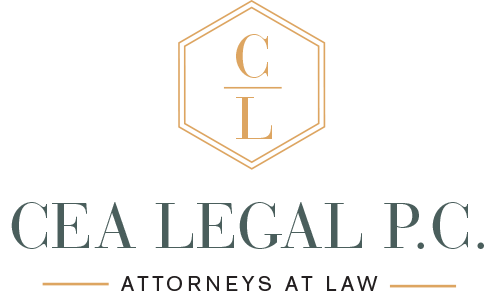RENEGOTIATION OF COMMERCIAL LEASES IN THE COVID-19 ECONOMY
Does the prolonged nationwide shutdown entitle restaurants and other retailers to obtain multi-month free rental concessions from Landlords? Most likely no, unless an extremely broad “force majeure” clause in the commercial lease specifically includes a pandemic event. However, many Tenants also cannot graciously continue to pay full rent during a period which their revenues dropped 70% (for those that support delivery or e-commerce) or even 100%.
The best solution is to reach an amicable deal with the Landlord, who is often willing to work with a good Tenant that diligently paid rent until February/March 2020. If Landlord and Tenant are business-savvy, there are a few options that could serve both their interests, at least in the short-to-medium term:
A rent deferral – a postponement of payments spread through several months in 2-3 years; or
Applying part of the security deposit to rent payments, with an obligation on the Tenant to replenish the security deposit later.
If the Landlord is not willing to grant concessions, the Tenant may not be able to meet its obligations and, therefore, be forced to close its business. That would mean giving up the security deposit, which is substantial in several instances. Not only that: as things stay now, one or more principals of the Tenant might be personally exposed. The so-called “Good Guy Guarantee” offers protections only if certain conditions are met, such payment of arrears, plus a few additional months (between 3-6) of rent. Although personal liability is an existing risk at this time, Landlords might have a hard time holding principals personally liable, as courts are expected to be sympathetic to Tenants and their principals. Additionally, New York City is currently discussing a law that would prohibit the enforcement of personal liability provisions in commercial leases where the triggering event derived from the Covid-19 emergency.
If Tenant’s principals are not to be held personally liable (as advisable), the Tenant will be in a much better position to negotiate with the Landlord and evaluate alternative options. Besides concessions for the shuttered months (as discussed above), the most reasonable deal to strike for the near future involves the concept of percentage rent. Until things return to normal (whether in 6 months or a few years), Tenants may agree to pay Landlords a percentage of their monthly gross revenues as an alternative to fixed monthly rent. This seems to be a very fair solution, especially given retail capacity (and subsequently, revenue) limitations in the post-COVID-19 economy. Tenants should proactively reach out to their Landlords, be very transparent, open their books and propose this solution. Should the Landlord be not willing to negotiate with the Tenant, assuming that Tenant’s principals will not be held personally liable, the Tenant might simply choose to close the business, forfeit the security deposit, and search for a fresh start with a new Landlord (there will be many vacancies in the coming months). Good luck to that inflexible Landlord in finding a new Tenant willing to pay the pre-COVID-19 rent.

